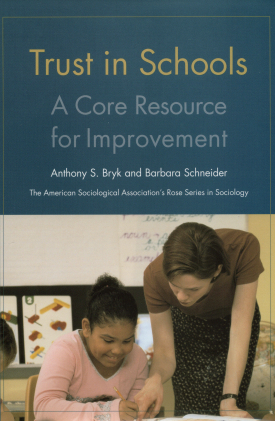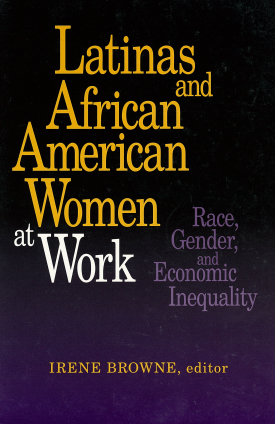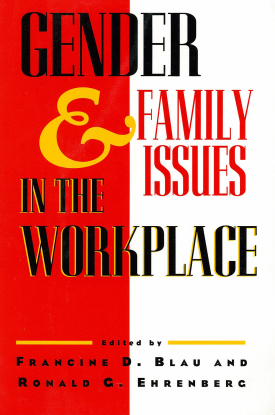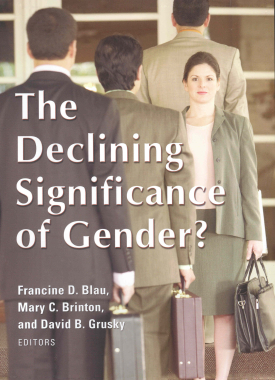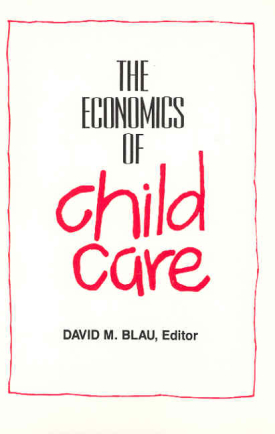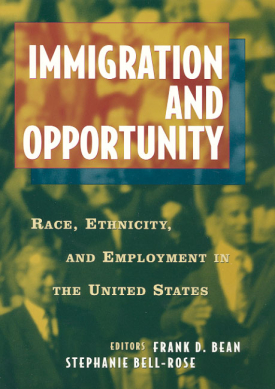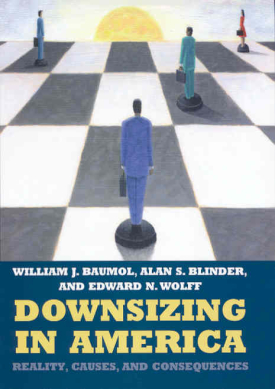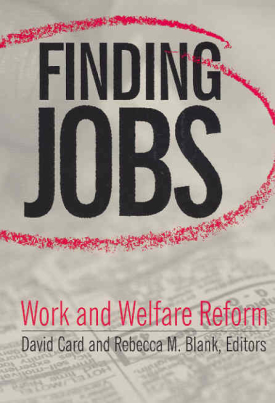
Finding Jobs
About This Book
Do plummeting welfare caseloads and rising employment prove that welfare reform policies have succeeded, or is this success due primarily to the job explosion created by today's robust economy? With roughly one to two million people expected to leave welfare in the coming decades, uncertainty about their long-term prospects troubles many social scientists. Finding Jobs offers a thorough examination of the low-skill labor market and its capacity to sustain this rising tide of workers, many of whom are single mothers with limited education. Each chapter examines specific trends in the labor market to ask such questions as: How secure are these low-skill jobs, particularly in the event of a recession? What can these workers expect in terms of wage growth and career advancement opportunities? How will a surge in the workforce affect opportunities for those already employed in low-skill jobs?
Finding Jobs offers both good and bad news about work and welfare reform. Although the research presented in this book demonstrates that it is possible to find jobs for people who have traditionally relied on public assistance, it also offers cautionary evidence that today's strong economy may mask enduring underlying problems. Finding Jobs shows that the low-wage labor market is particularly vulnerable to economic downswings and that lower skilled workers enjoy less job stability. Several chapters illustrate why financial incentives, such as the Earned Income Tax Credit (EITC), are as essential to encouraging workforce participation as job search programs. Other chapters show the importance of including provisions for health insurance, and of increasing subsidies for child care to assist the large population of working single mothers affected by welfare reform.
Finding Jobs also examines the potential costs of new welfare restrictions. It looks at how states can improve their flexibility in imposing time limits on families receiving welfare, and calls into question the cutbacks in eligibility for immigrants, who traditionally have relied less on public assistance than their native-born counterparts.
Finding Jobs is an informative and wide-ranging inquiry into the issues raised by welfare reform. Based on comprehensive new data, this volume offers valuable guidance to policymakers looking to design policies that will increase work, raise incomes, and lower poverty in changing economic conditions.
REBECCA M. BLANK is dean of the Gerald R. Ford School of Public Policy and Henry Carter Adams Collegiate Professor of Public Policy at the University of Michigan. She is also research associate of the National Bureau of Economic Research.
DAVID E. CARD is Class of 1950 Professor of Economics and head of the Center for Labor Economics at the University of California, Berkeley. He is also research associate of the National Bureau of Economic Research.
CONTRIBUTORS: Patricia Anderson, Timothy Bartik, Kristin Butcher, Janet Currie, Stacy Dickert-Conlin, David T. Ellwood, Tricia Gladden, Douglas Holtz-Eakin, Harry J. Holzer, Hilary Hoynes, Luojia Hu, Robert J. LaLonde, Phillip B. Levine, Susan E. Mayer, Robert A. Moffitt, LaDonna A. Pavetti, Philip K. Robins, Christopher Taber, Jane Waldfogel, Elisabeth D. Welty, Aaron Yelowitz


